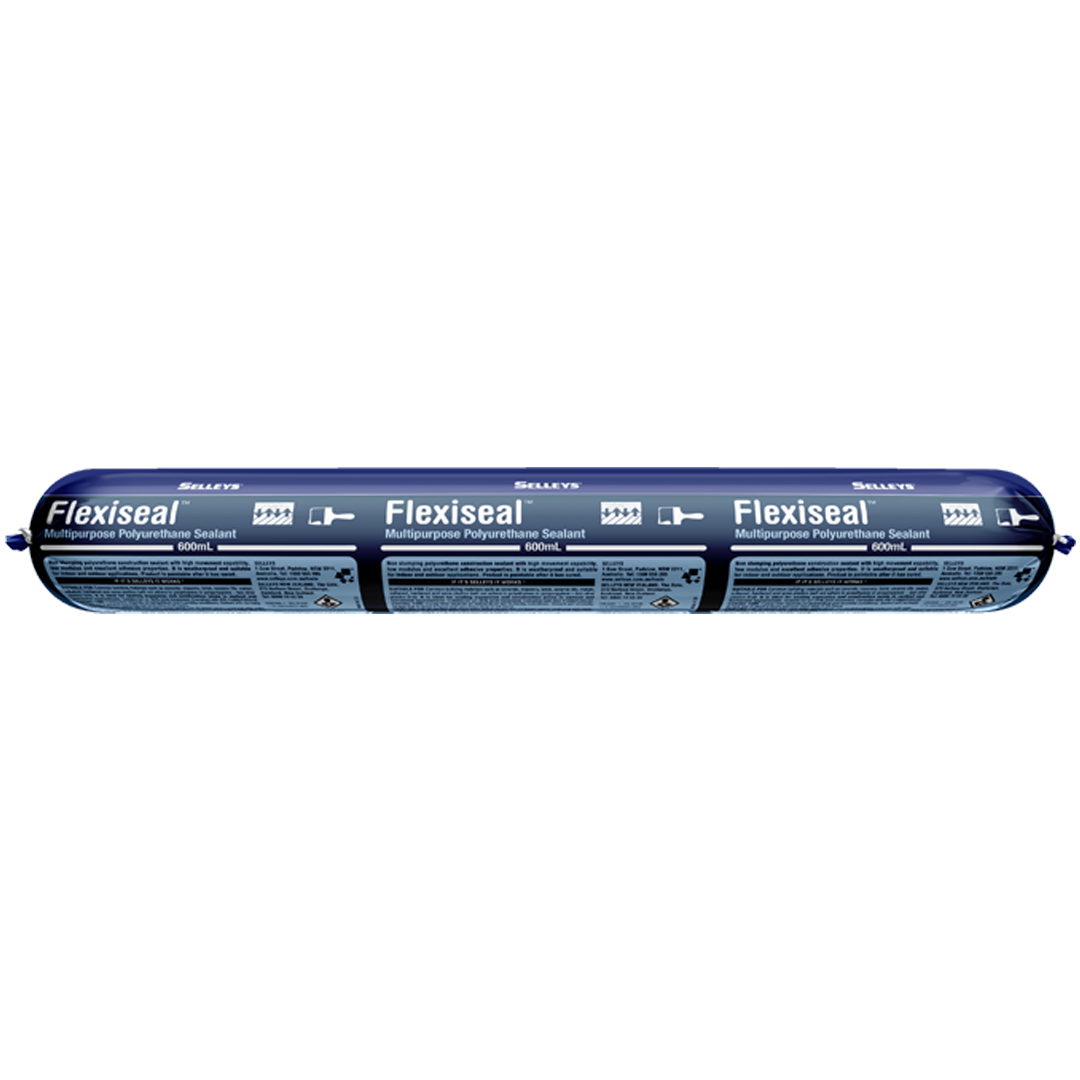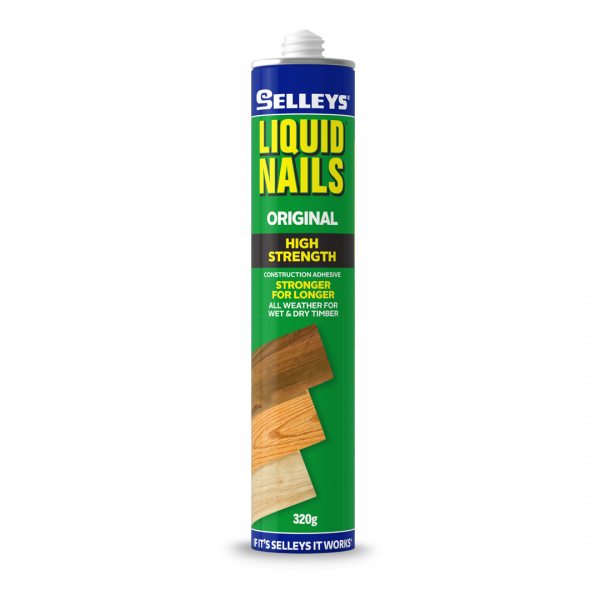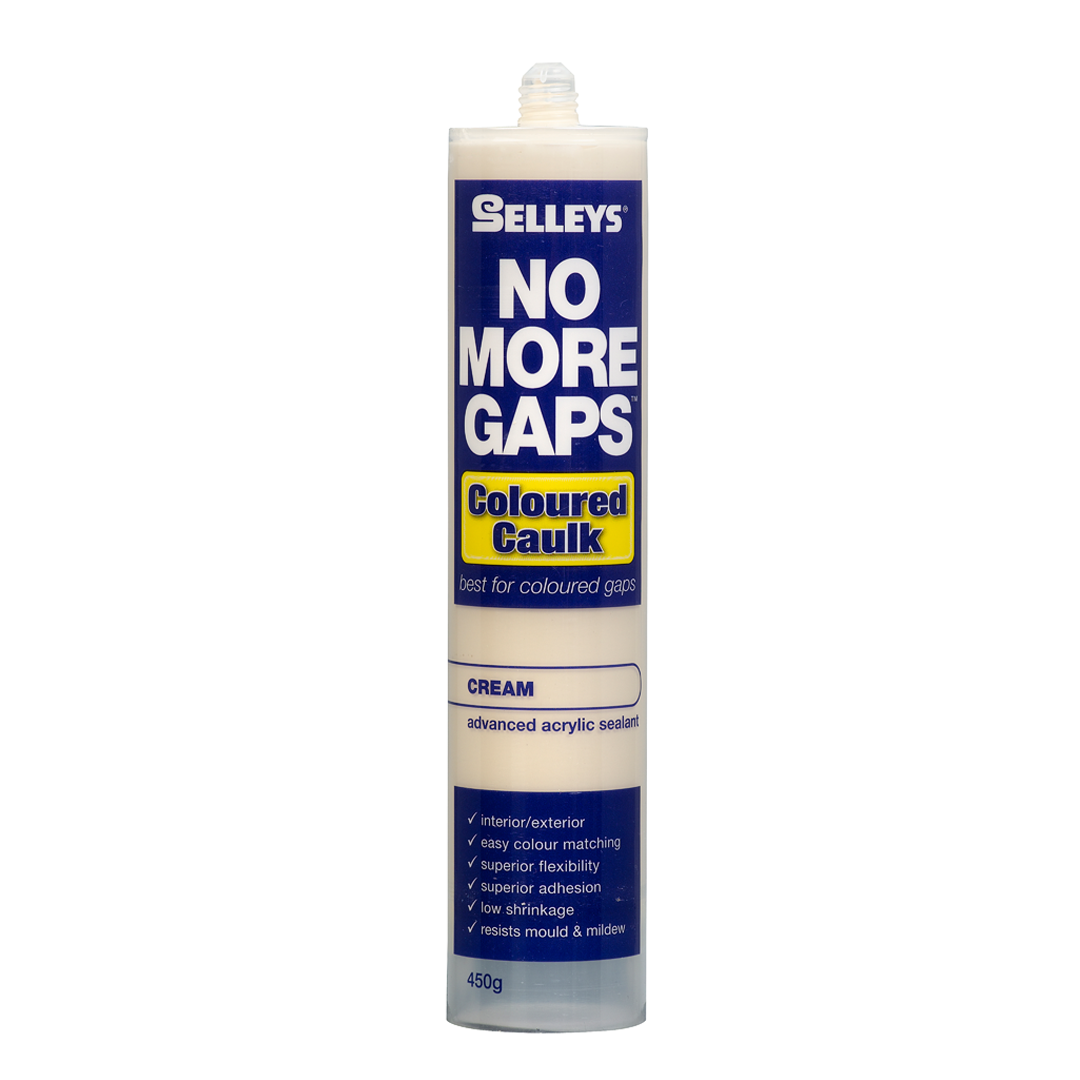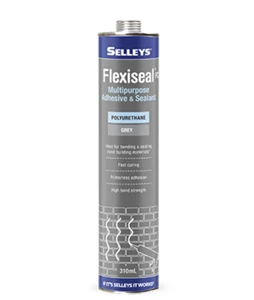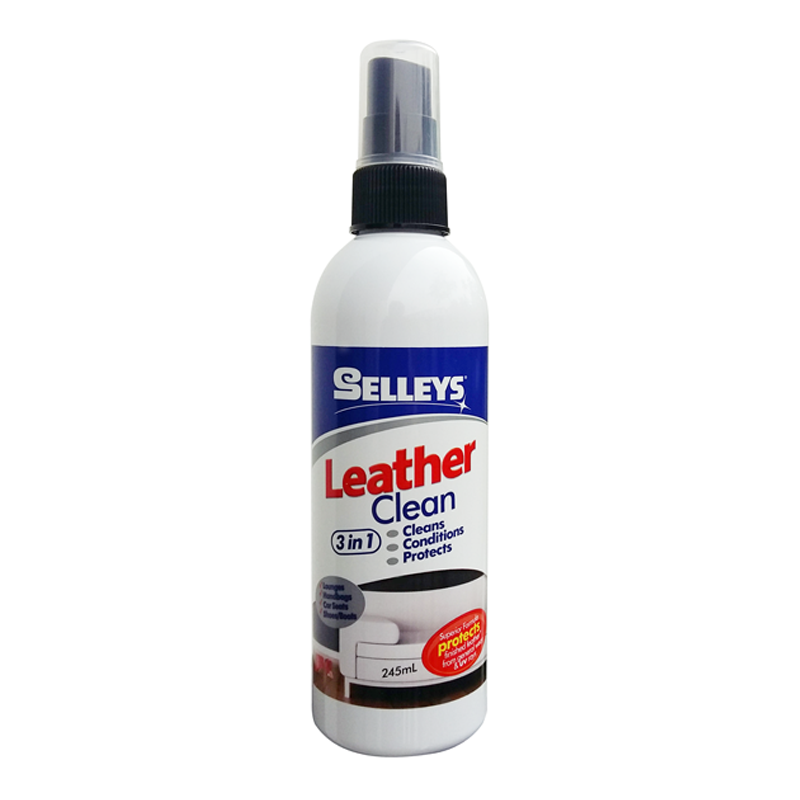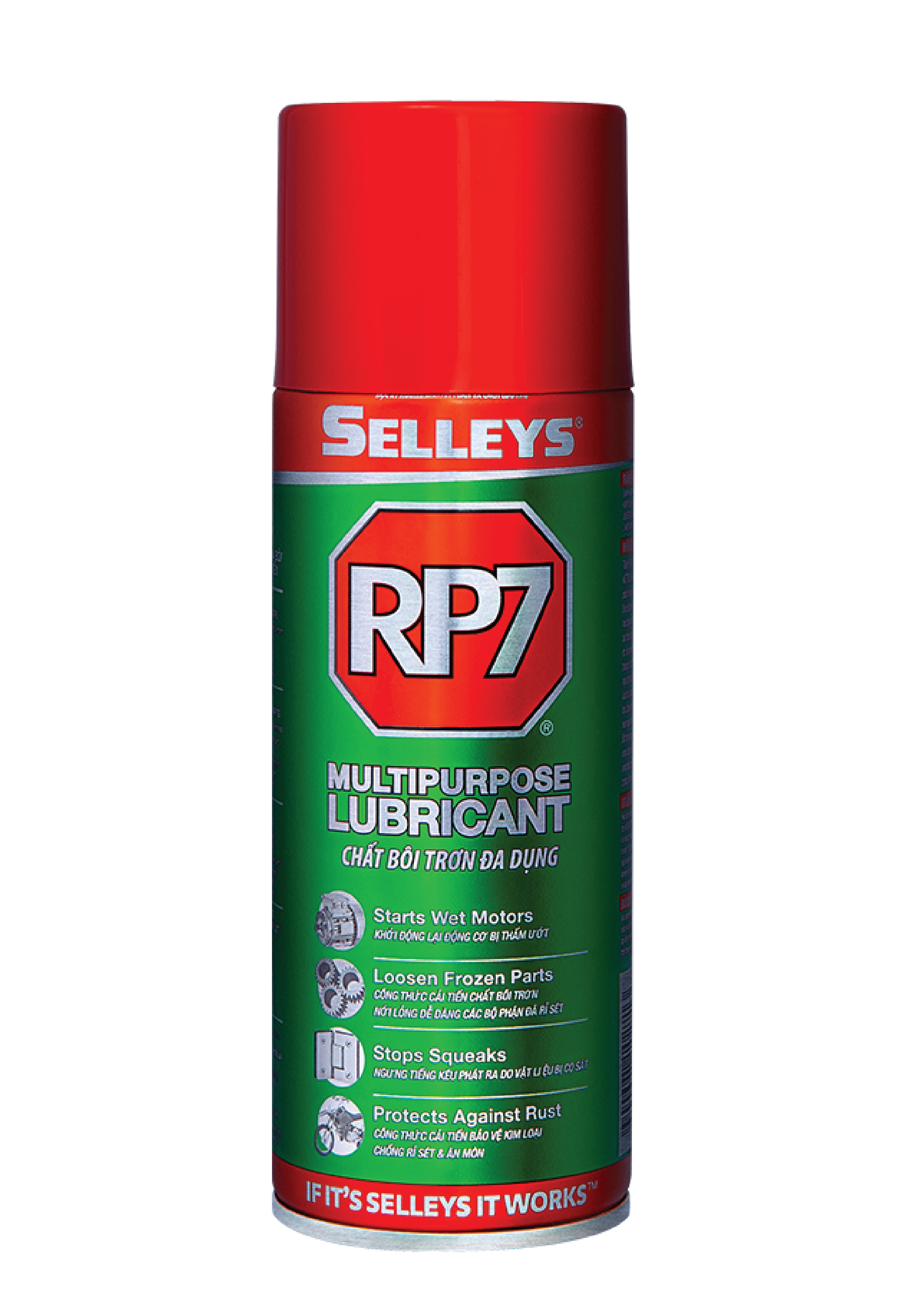Uses
- Ideal for elastic joint sealing of expansion and construction joints between common building materials in vertical and horizontal surfaces such as;
- Expansion Joints in precast elements
- Perimeter seals around windows and doors
- External wall and cladding joints
- Weatherproofing joints between brickwork, masonry, wood concrete or metal frames.
- Joints in walls, balconies, around window or door frames.
- Joints in bridge and balcony parapets
- Retaining walls
- Roofing.
- Acoustic rated walls
Instructions for Use/Application Instructions
- The following should only be used as a guide and the installer should apply all Australian Standards, BCA/NZBC requirements, and best practices when installing.
- Surface must be clean, dry and free from oil, grease, release agents, dust and loose material. • Install backing rod to correct depth apply masking tape as required.
- Cut the end of the sausage and insert into a Selleys sausage gun.
- Extrude sealant into the joint such that it is in full contact with the sides of the joint. Avoid overlapping of sealant to eliminate entrapment of air.
- Smooth sealant with spatula forcing the sealant into the joint for better contact with the sides. • Painting with water based
Priming
Selleys Flexiseal generally has good adhesion properties without priming to common building materials indicated. For some plastics and pre painted surfaces; priming may be required and a Pre-test to ensure suitable adhesion is recommended.
Joint & sealant dimensions
The optimum width to depth ratio for joint sealing is 2:1.
Minimum joint width and depth is 6mm.
For joint widths up to 12mm, use a width to depth ratio of 1:1
For joint widths greater than 12mm, use a width to depth ratio of 2:1
Notes:
- Wider joints can accommodate more total movement than narrow joints.
- Always install suitable diameter backing-rod (polyethylene or polyurethane foam rod) in joints to control sealant depth and ensure free movement of sealant in joints.
- Sealant must adhere to sides of the joints only and NOT to the back, so that it is free to stretch
Technical Data/Properties
Contact Selleys before using this data for the setting of specifications.
|
Estimation of lineal coverage per Flexiseal sausage |
|||
|
Joint Width (mm) |
Joint Depth (mm) |
Litre per lineal meter |
Meters of Coverage |
|
6 |
6 |
0,036 |
16,7 |
|
8 |
8 |
0,064 |
9,4 |
|
10 |
10 |
0,100 |
6 |
|
12 |
12 |
0,140 |
4,2 |
|
14 |
7 |
0,098 |
6,3 |
|
16 |
8 |
0,128 |
4,7 |
|
18 |
9 |
0,162 |
3,7 |
|
20 |
10 |
0,200 |
3 |
|
22 |
11 |
0,242 |
2,5 |
|
24 |
12 |
0,288 |
2,1 |
|
26 |
13 |
0,338 |
1,8 |
|
28 |
14 |
0,392 |
1,5 |
|
30 |
15 |
0,450 |
1,3 |
|
40 |
20 |
0,800 |
0,8 |
|
Property |
Typical Result |
|
Colour |
Grey, Black, White |
|
Density |
1.28 |
|
Technology |
Polyurethane |
|
Application Temperature |
5 – 350C |
|
Shelf Life |
12 months |
|
Shore A Hardness (DIN 53505) |
30 |
|
Joint Movement Capability |
+/-25% |
|
Tack free time at 23°C and 50% r.h |
40 minutes |
|
Curing at 23°C and 50% r.h. |
2-3 mm/24h |
|
Elongation at Break (DIN 53504) |
>750% |
|
Elastic Modulus @ 100% (DIN 52455) |
0.35 N/mm2 |
|
Tensile Strength (DIN 53504) |
>1.0 N/mm2 |
|
Service Temperature |
- 40°C- 40°C / +90°C with brief |
|
VOC |
65 g/L |
Important Notes/Limitations
- Do not apply if air or substrate surface temperature is below 50C.
- Requires atmospheric moisture to cure.
- Not recommended for continuous submersion or below water line use.
- Do not apply in the presence of curing silicone sealants as cure may be affected.
- Avoid contact with alcohol and other solvent cleaners during cure as cure will be affected. • Application to substrates with high moisture can cause bubbling within the sealant.
- Do not use for structural or general glazing.
- Avoid air entrapment while applying as a sealant
- May affect drying of alkyd /oil-based paints
- White sealant may yellow slightly with age and exposure to the sun.
- Do not store product above 30°C.
Storage
Store unopened sausages below 300C in a cool dry place away from direct sunlight. Unopened sausages can be stored for 12 months from the date of manufacture. Opened sausages may skin and form a lump near the opening. Discard any lumps or skin and remaining product can be used.
Safety
Classified as HAZARDOUS - contains lsocyanates
Wear gloves and safety glasses when using.
Not classified as Dangerous Goods.
Refer to Safety Data Sheet for more detailed information.
Clean up
Spills and tools can be cleaned up with Mineral Turps before product cures. Cured product can only be removed mechanically.












